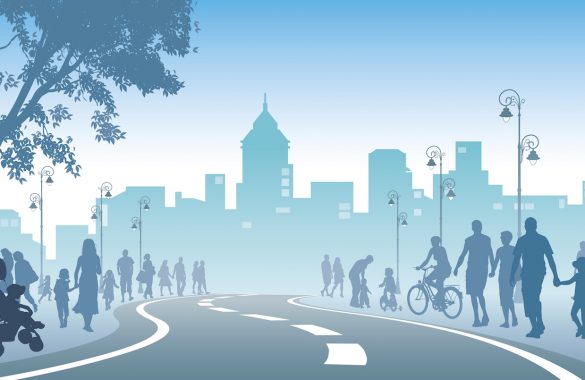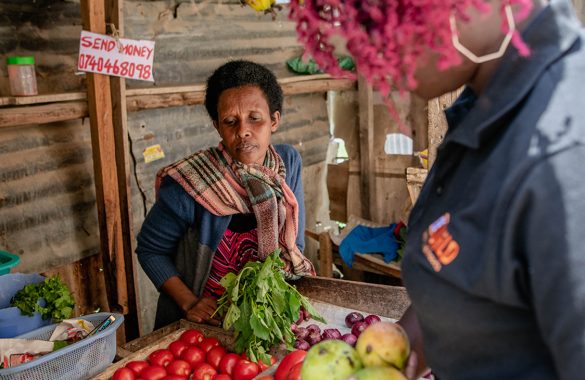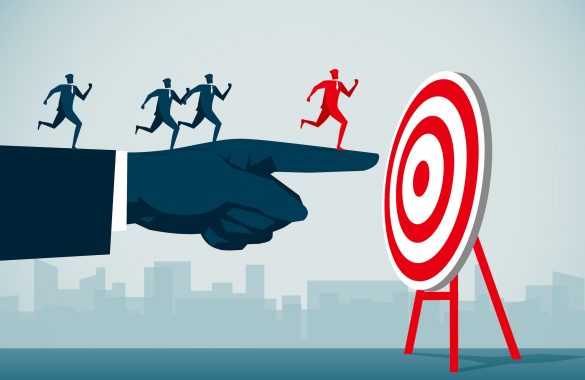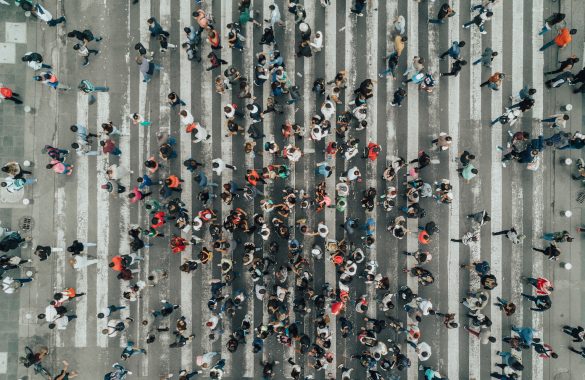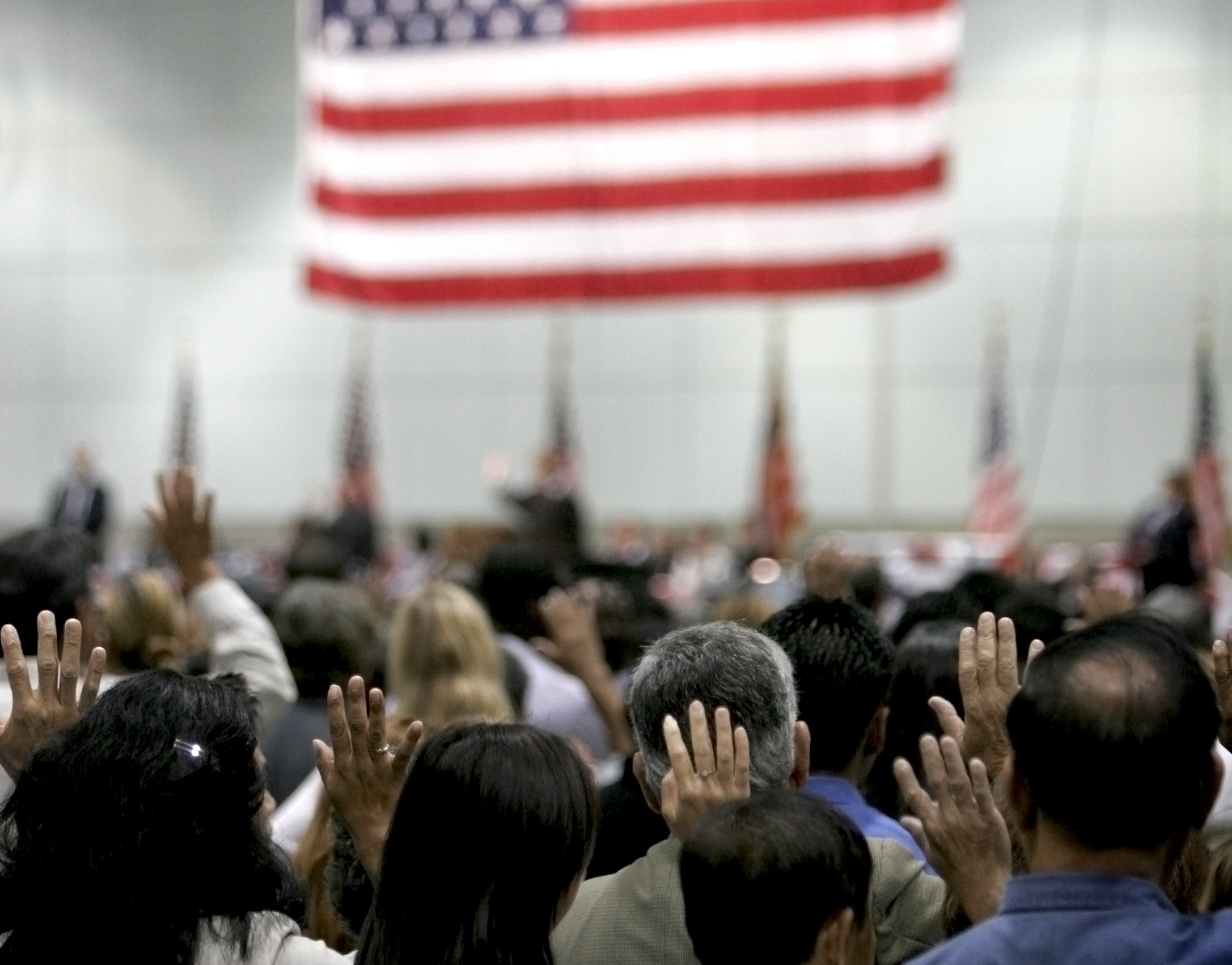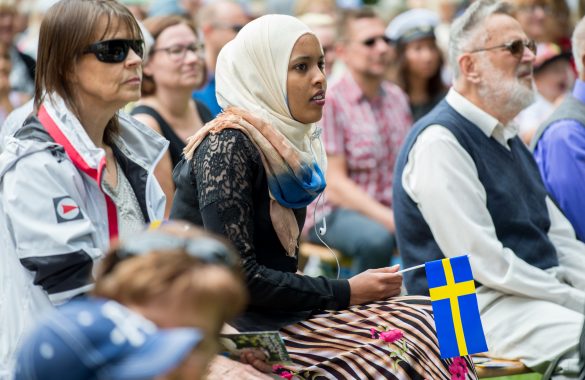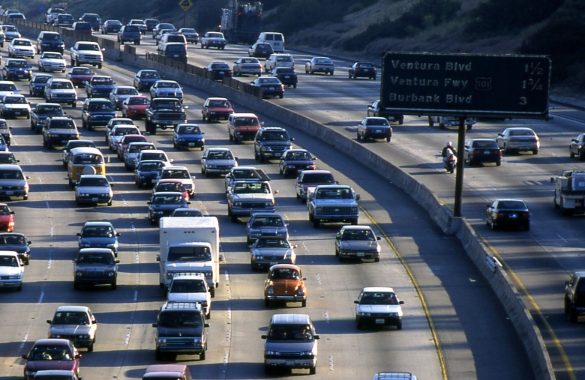Can a welcoming society’s goodwill translate into better outcomes for refugees? Following the 2022 Russian invasion of Ukraine, many Germans opened their homes to those fleeing the conflict. This unprecedented response from civil society allowed researchers to ask a critical question: Does private hosting by volunteers improve refugees’ integration?
How can building social capital transform the economic lives of refugees? IPL partnered with International Rescue Committee (IRC) to test an intervention that aims to build business networks among refugee and host entrepreneurs through business groups and neighborhood associations. The study looks at the impact of these groups, along with cash assistance, on participants’ networks and explores how different network types and changes affect business success, social cohesion, and local economic conditions.
From 2015 to 2016, Greece witnessed an influx of almost 1 million forcibly displaced people making their way to Northern and Western Europe. When neighboring nations closed their borders, Greece transformed from transit site to a hosting country. In 2022, researchers at IPL conducted a survey of asylum seekers and refugees to learn about the range of opportunities, obstacles, and relevant issues displaced people living in Greece experience.
When refugees are resettled in the United States, they're assigned to live in a specific location. But many refugees move to a different state within their first several years in the country. What are they looking for? According to a new dataset on nearly 450,000 refugees, they mostly seek two things that will help them rebuild their lives: better job markets and others from their home country.
For low-income immigrants, the path to U.S. citizenship can be full of obstacles, starting with high cost of applying. A federal fee waiver program allows some of them to apply for free, yet their application rates remain low. IPL researchers found that providing them with information at an opportune moment can make a big difference in encouraging them to apply.
How well are immigrants integrating in the United States? Are they doing better or worse than in Germany or France? Under what conditions have immigrants most successfully integrated into their host societies? Despite great advances in social science, the answers to these important questions remain contested. IPL is working to support solutions through a new immigrant integration index.
Gaining citizenship can bring profound, lifelong benefits, but this door to opportunity remains closed to many low-income immigrants. What forms of assistance and encouragement lift the barriers to naturalization? To find out, we’ve partnered with local government in developing an innovative program offering vouchers and other incentives to citizenship-eligible residents of New York, home to the nation’s second-largest immigrant population.
In a classic immigration debate, one side argues that citizenship should be a reward for integration, available only after many years of residency; the other says it makes immigrants more likely to integrate and should happen soon after they arrive. Three decades of data from Switzerland, IPL researchers found, strongly support the second camp. The earlier one receives citizenship, the greater the benefits for both the immigrant and society—especially for the most marginalized groups.
When California moved to make driver’s licenses available to unauthorized residents, critics raised an outcry: the law, they said, would flood the roads with inexperienced, uninsured drivers and lead to more accidents. Two years and more than 800,000 licenses later, those fears are largely unfounded, IPL researchers found. Our study also revealed a 10 percent decrease in the rate of hit-and-run accidents in the law’s first year, which adds up to savings of $3.5 million in out-of-pocket expenses for California drivers.

